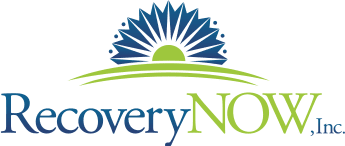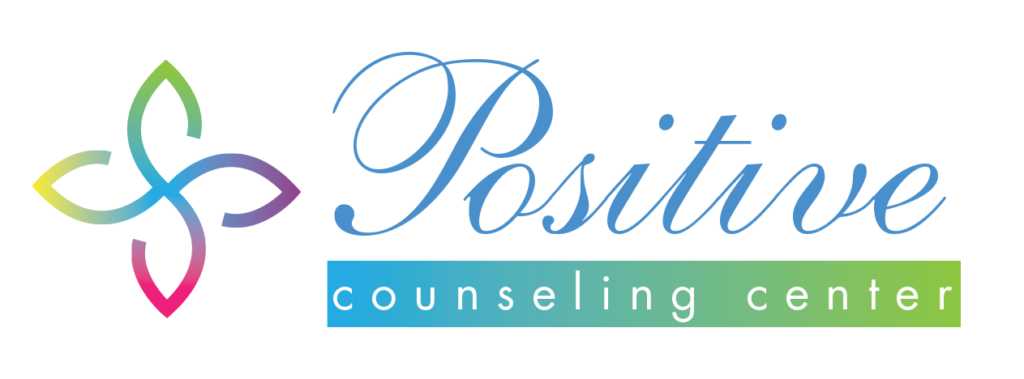Every April for the past 29 years, the National Council on Alcoholism and Drug Dependence has put the spotlight on alcohol abuse, raising awareness of its dangers and effects in national, state and community campaigns. The goal of Alcohol Awareness Month is to educate the public about the dangers and accessibility of alcohol, as well as encourage those struggling with alcohol abuse to seek professional help.
This year, the NCADD is highlighting the importance of early education about alcohol abuse among teens and young adults with the theme, “For the Health of It: Early Education on Alcoholism and Addiction.” According to studies on underage drinking, children who begin drinking before age 15 are at four times greater risk of developing alcoholism as a person who waits until the legal drinking age of 21. Furthermore, teens and young adults are more likely to binge drink than any other group, contributing to the 5,000 deaths related to underage drinking that occur every year.
Teens choose alcohol more than any other substance, including illegal drugs. Unfortunately, adolescence is a time when teens are more likely to take risks and less likely to make informed, rational decisions. Underage drinking has been closely linked with traffic accident-related deaths, violent acts, poor school performance, overdosing, and even suicide. However, teens and young adults who are educated about its physical and societal effects may be less likely to abuse alcohol or exhibit problem behaviors associated with it.
This year’s Alcohol Awareness Month is an opportunity for communities, schools, government and organizations to come together in a coordinated effort to reduce underage drinking and provide support for those in need of intervention or rehabilitation. The NCADD and the National Institute on Alcohol Abuse and Alcoholism also encourage adults to evaluate their own alcohol use and determine whether their current drinking patterns may be affecting their health, productivity or relationships. An NCADD self-analysis to determine problematic drinking habits can be found here.
Resources:
National Council on Alcoholism and Drug Dependence: April 2015 Marks 29th Alcohol Awareness Month
National Council on Alcoholism and Drug Dependence: NIAAA Recognizes Alcohol Awareness Month 2015
U.S. Department of Health and Human Services: Alcohol Awareness Month
DrugFreeNH.org: Alcohol







